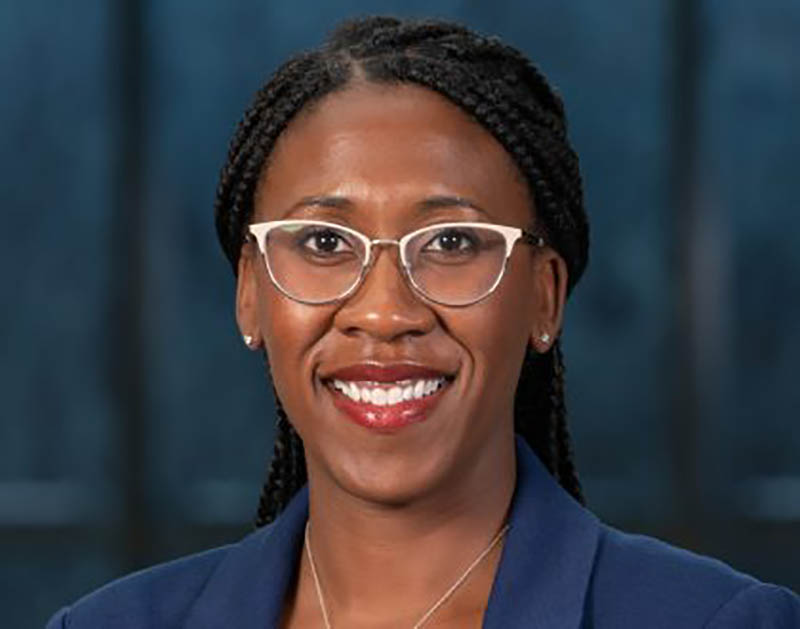People
Board

Aisha Losche
Aisha Losche is the Chief Officer of Corporate and Community Engagement at Draper, where she leads initiatives aimed at enhancing corporate culture and fostering strong community relationships. With over 20 years of experience, Aisha focuses on creating collaborative partnerships and developing policies, practices, and programs that strengthen engagement both within the company and with external stakeholders. She was appointed to her current role in 2022 and works closely with Draper’s leadership team to drive impactful changes that align with corporate values and community outreach.
Aisha has a deep background in advising and coordinating engagement strategies across organizations, with a focus on cultivating sustainable partnerships and fostering a positive, inclusive work environment. Her approach to management and problem-solving has been centered around collaboration, systemic change, and the integration of efforts to enhance corporate culture and external relations.
Prior to joining Draper, Aisha served as Vice President of Talent Engagement at Publicis Groupe, where she worked for eight years leading initiatives to build talent-focused strategies that connected corporate goals with employee well-being and community involvement.
Aisha holds a B.A. in Business Administration from Sacred Heart University and an MBA from Curry College. She also completing a Corporate Citizenship Certificate at Boston College in April of 2025, and completed a Certificate in Diversity and Inclusion at Cornell University in 2018. In addition, she is a Certified Executive & Leadership Coach, Mental Health First Aider, and a Qualified Administrator for the Intercultural Development Inventory.

